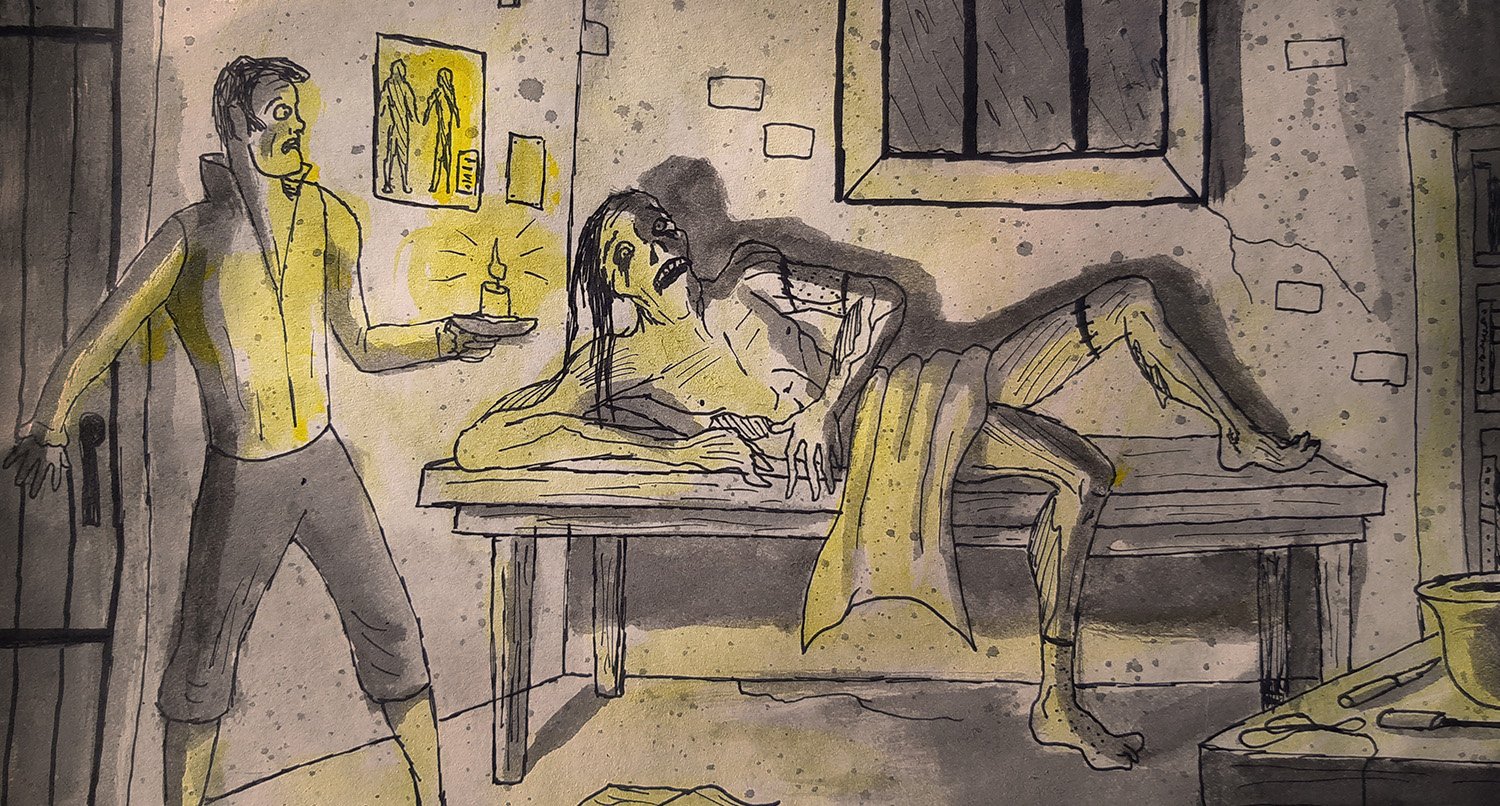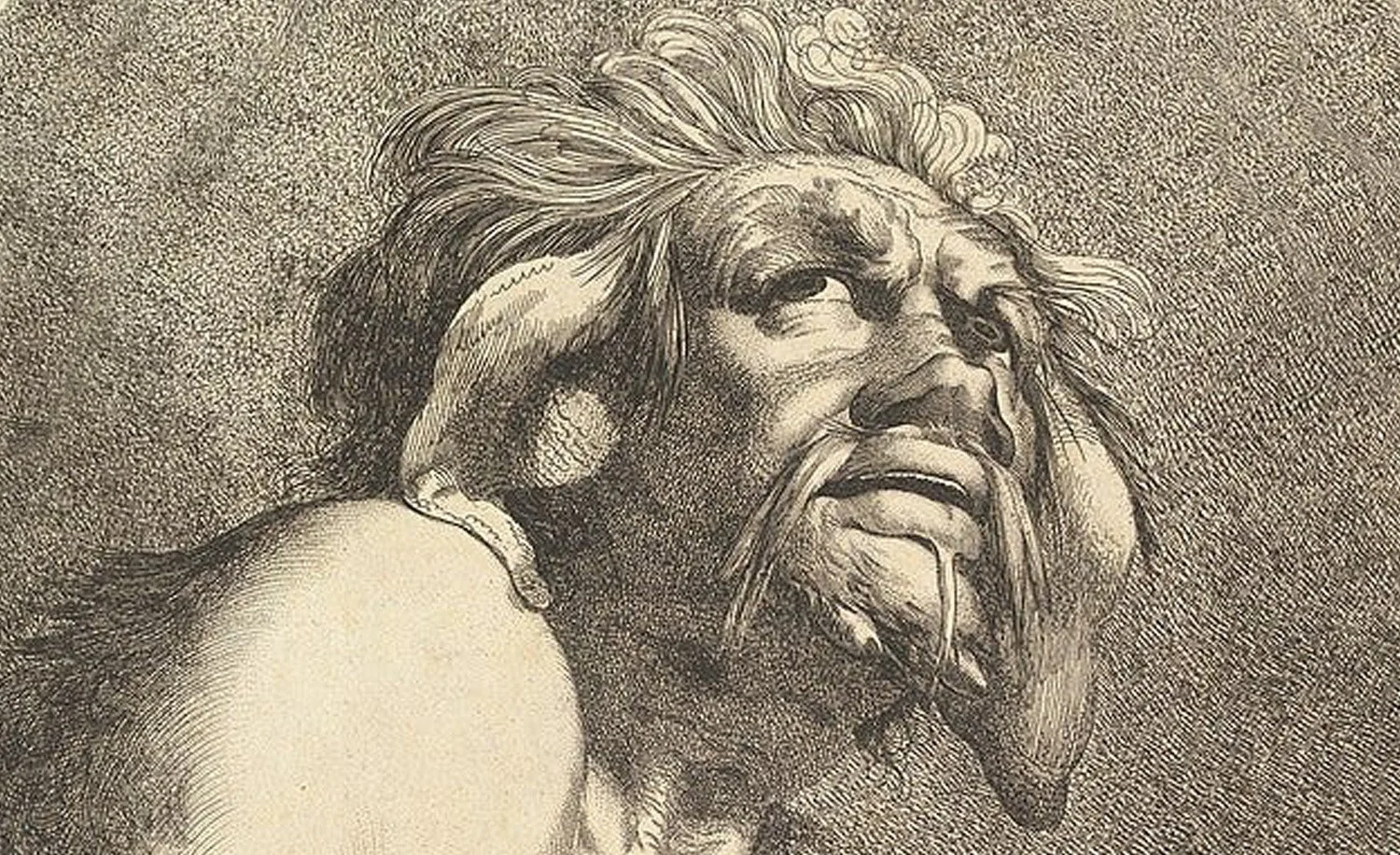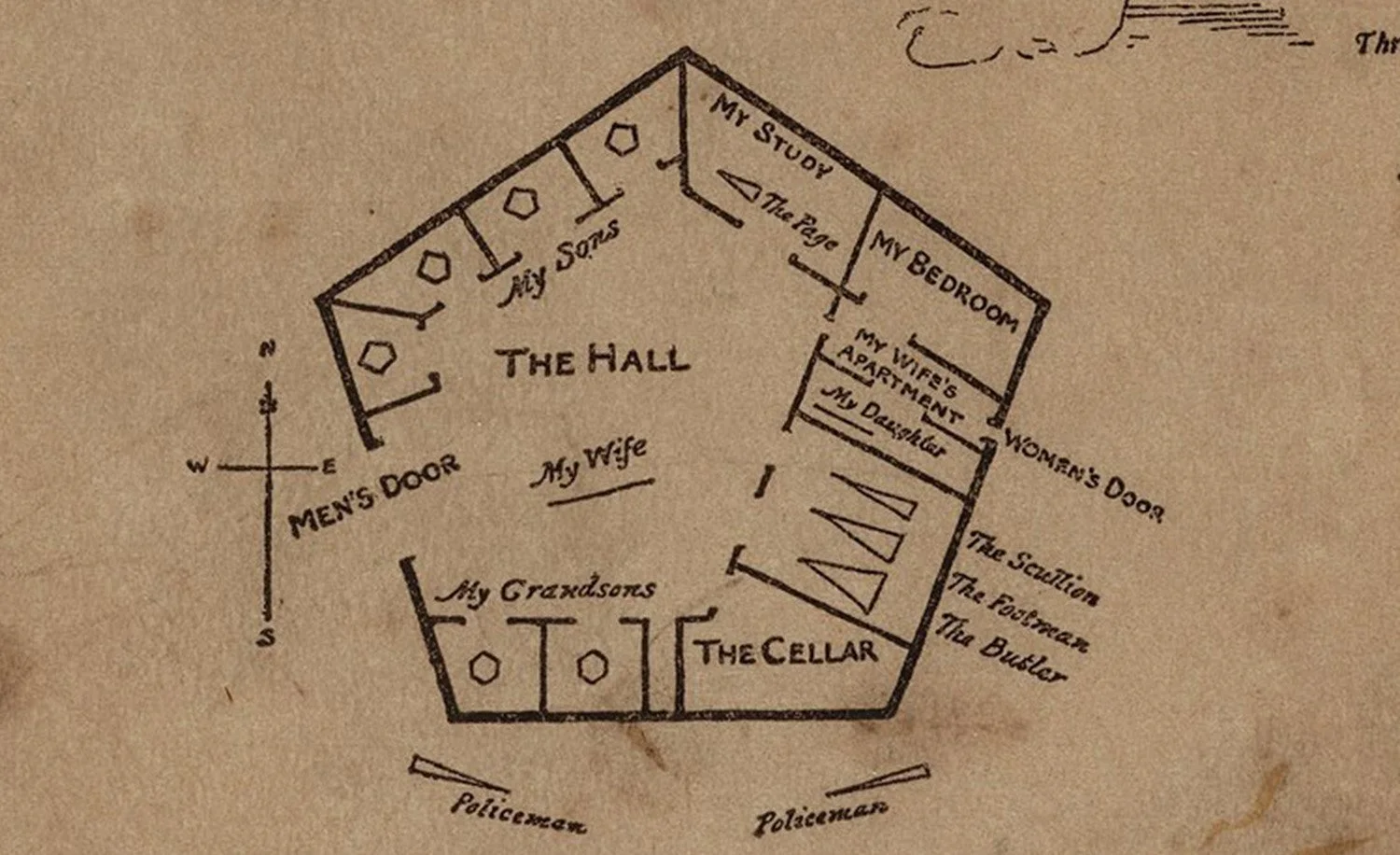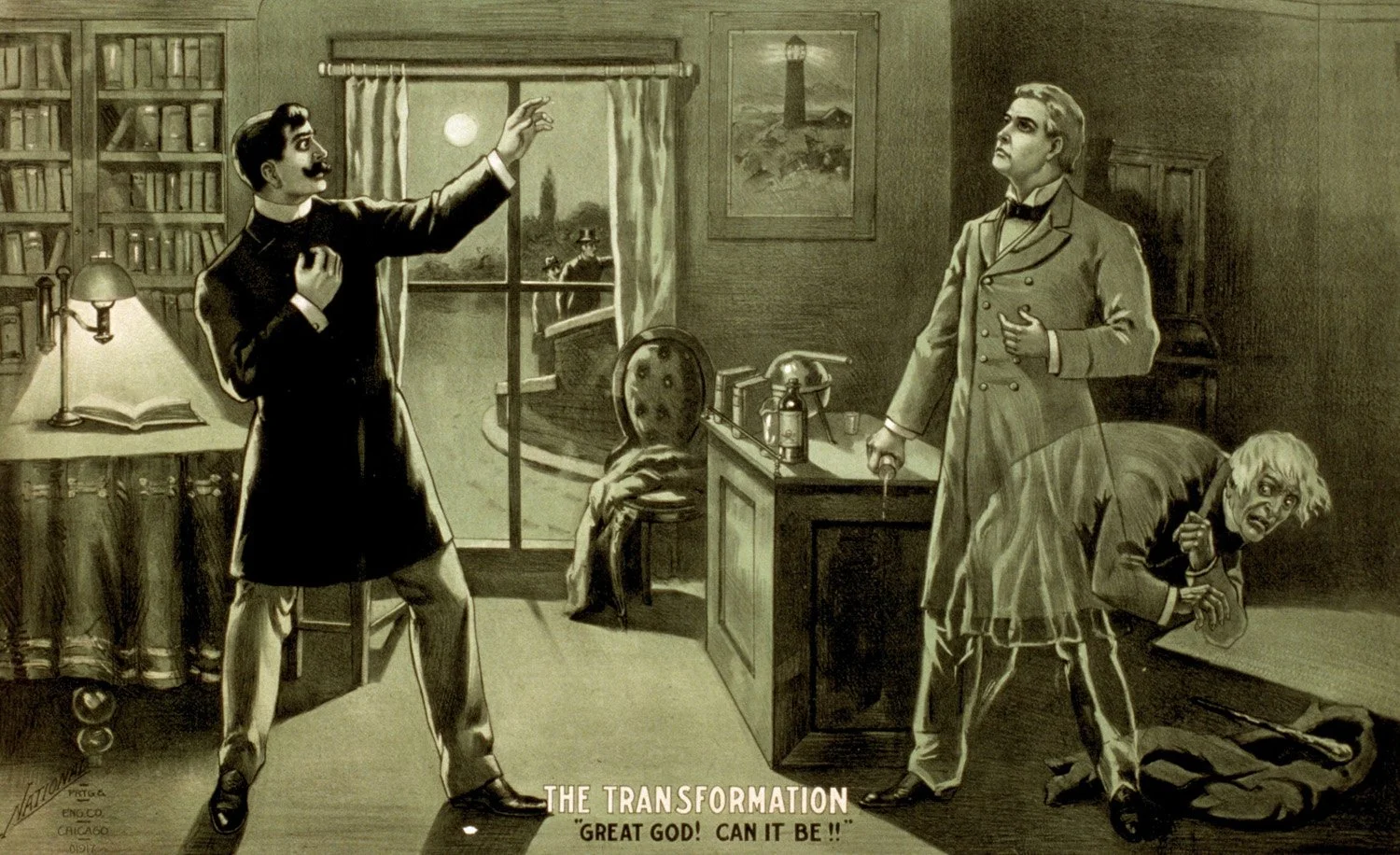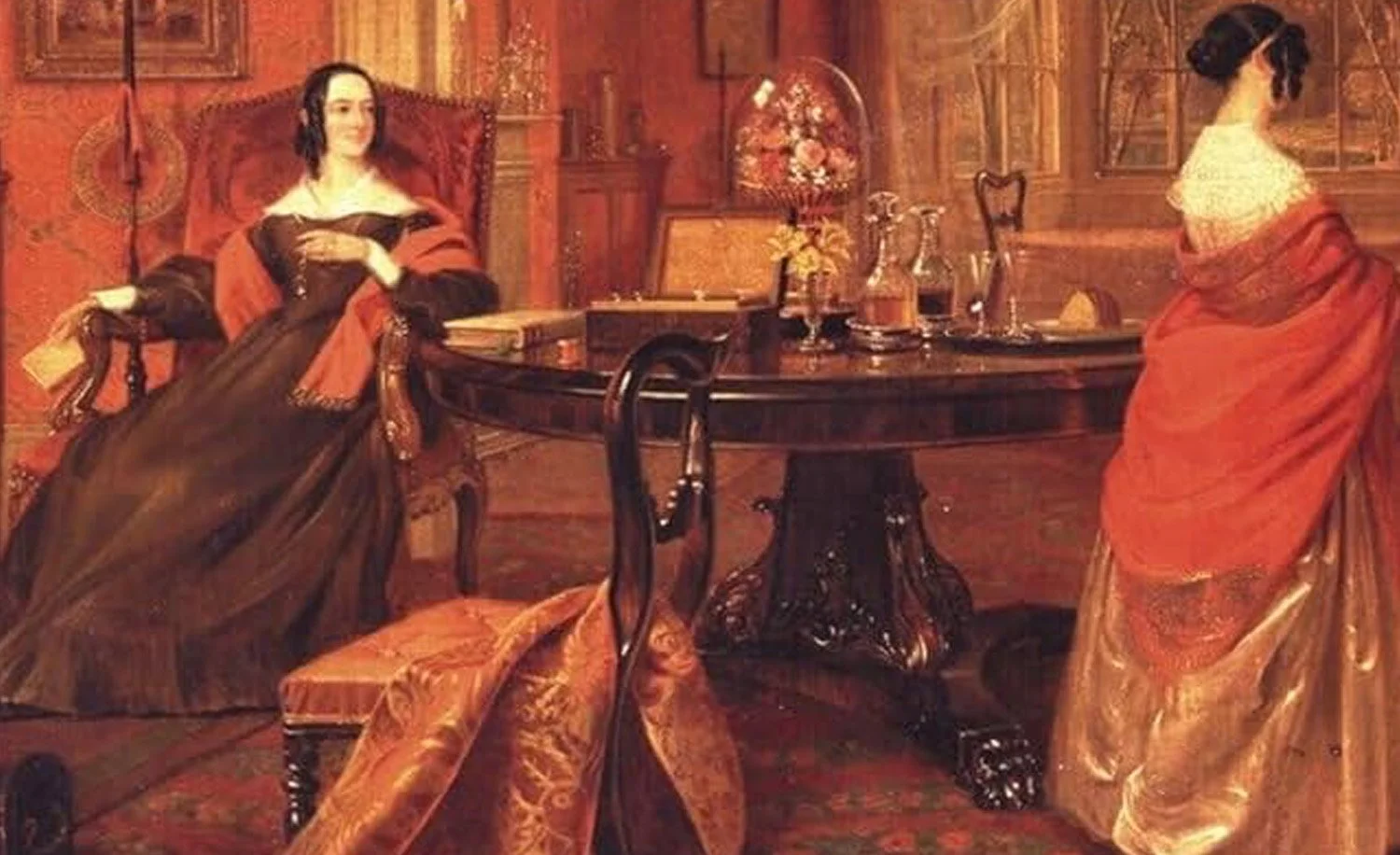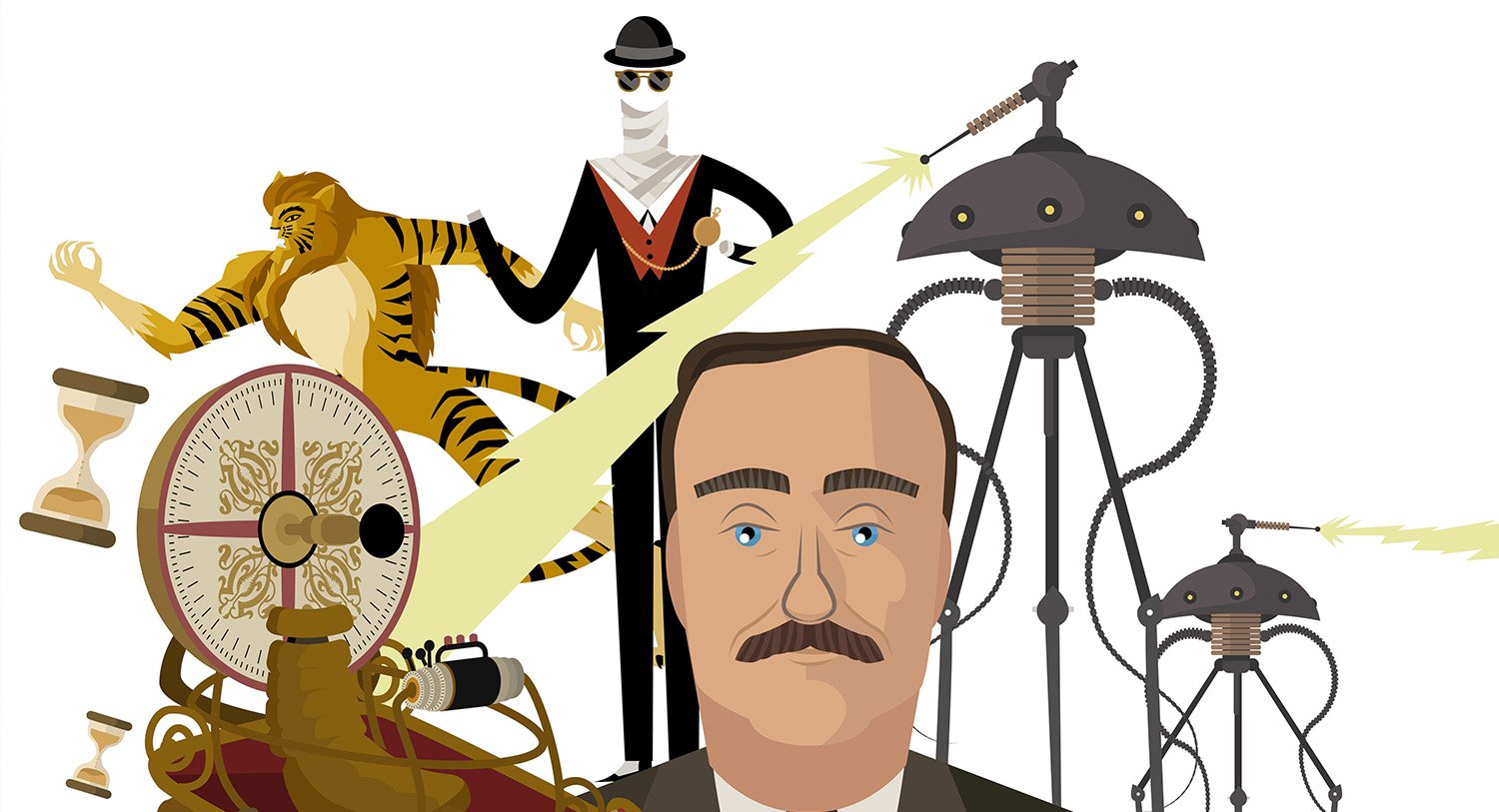Strange Case of Dr Jekyll and Mr Hyde
SYNOPSIS

Continue Study
This course will study the impact of science on nineteenth-century literature and in particular the development of science fiction as a genre, with emphasis on the epoch-making works of H. G. Wells. We will examine the ways in which science posed a challenge to literature and called into question the very notion of artistic truth.
Paul Cantor analyzes and explains Mary Shelley’s Frankenstein in this lecture series on 19th century Literature and Science. Lectures
Paul Cantor analyzes and explains Tennyson's In Memoriam in this lecture series from Science and Literature course. Lecture
Paul Cantor analyzes and explains Robert Browning’s Caliban upon Setebos in this lecture series from Science and Literature course. Lecture
Paul Cantor analyzes and explains Edwin Abbott's Flatland in this lecture series from Science and Literature course. Lecture
Paul Cantor analyzes and explains Strange Case of Dr Jekyll and Mr Hyde in this lecture series from Science and Literature course. Lecture
Paul Cantor analyzes and explains Elizabeth Gaskell’s Wives & Daughters in this lecture series from Science and Literature course. Lecture
Paul Cantor analyzes and explains H.G. Wells’s The Time Machine in this lecture series on 19th century Literature and Science. Lecture
Paul Cantor analyzes and explains H.G. Wells’s Island of Dr. Moreau in this lecture series on 19th century Literature and Science. Lecture
Paul Cantor analyzes and explains H.G. Wells’s The War of the Worlds in this lecture series on 19th century Literature and Science. Lecture
Paul Cantor analyzes and explains Joseph Conrad’s The Secret Agent in this lecture series from Science and Literature course. Lecture
The Invisible Man provides a vehicle for exploring a larger set of economic and political problems that preoccupied him throughout his career. Essay


